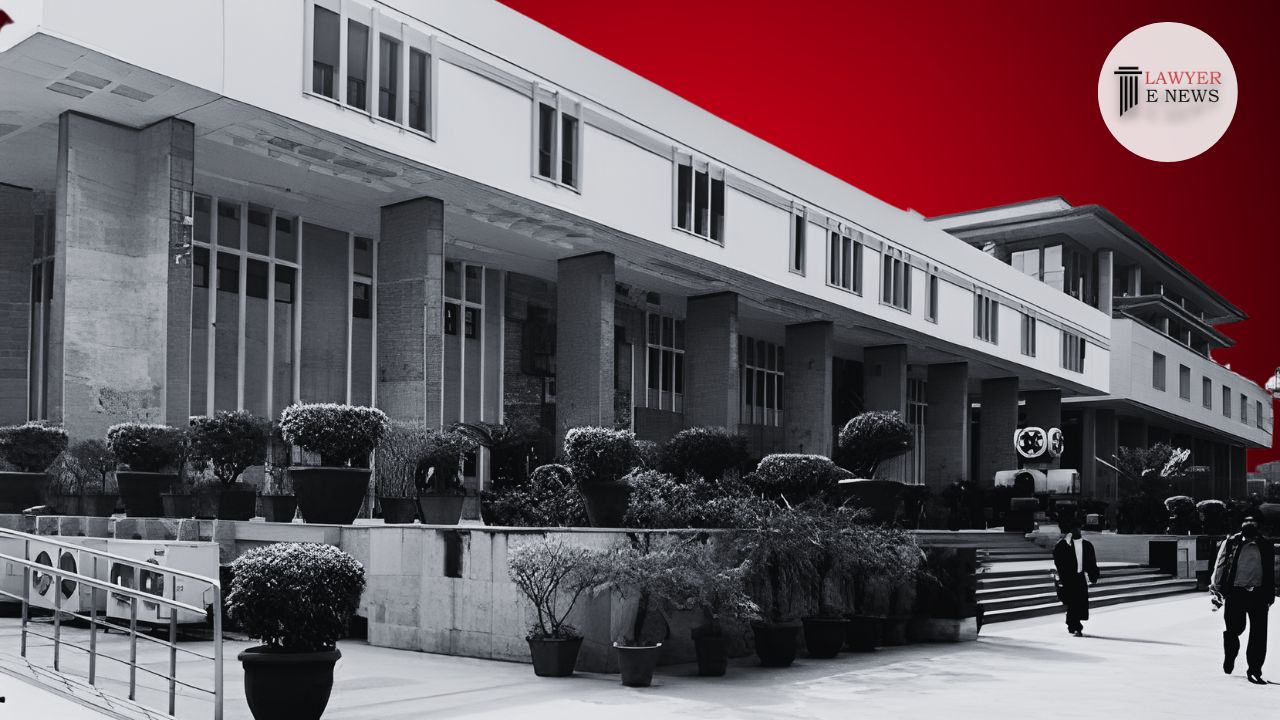-
by Admin
15 February 2026 5:01 PM



In a significant judgement, the High Court of Delhi has granted parole to Eziefula Samuel Uchegbu, a convict serving a life sentence, on the basis of deteriorating health and medical needs. Justice Swarna Kanta Sharma, overseeing the case, emphasized the humanitarian grounds for this decision, stating, “When continuous medical treatment for the last two years has not resulted in any improvement but rather deterioration in the health of the petitioner, this Court, purely on humanitarian grounds, is inclined to grant parole.”
The petition, filed under Article 226 of the Constitution of India read with Section 482 of the Cr.P.C., sought the release of Uchegbu on parole for medical treatment. Uchegbu, convicted for offenses under various sections of the IPC and serving a life sentence, has been suffering from multiple health issues, including Umbilical Hernia, UTI, and difficulty in urinating.
Uchegbu’s parole application was initially rejected by the competent authority, citing his lack of valid permission to stay in India and Rule 1121 of the Delhi Prison Rules, 2018. The State opposed the parole, questioning Uchegbu’s relationship status with Ms. ‘X’, who he claimed as his wife. However, Uchegbu’s health condition, as detailed in the medical reports, presented a grim picture with no signs of improvement despite treatment in custody.
Justice Sharma rigorously analyzed the medical records and the jail conduct of the petitioner. The Court decided to grant parole, disregarding the marital status of Ms. ‘X’, and focusing on the critical health condition of the petitioner. “The medical element that petitioner has suffered from and continues to suffer from without showing any improvement in his symptoms despite medical treatment, in the hospital is not disputed,” Justice Sharma noted.
The Court granted a two-month parole to Uchegbu under specific conditions, including a personal bond of Rs.10,000 with surety, providing a contact number, and surrendering upon the expiry of the parole period.
Date of Decision: March 1, 2024
EZIEFULA SAMUEL UCHEGBU versus STATE OF NCT OF DELHI
